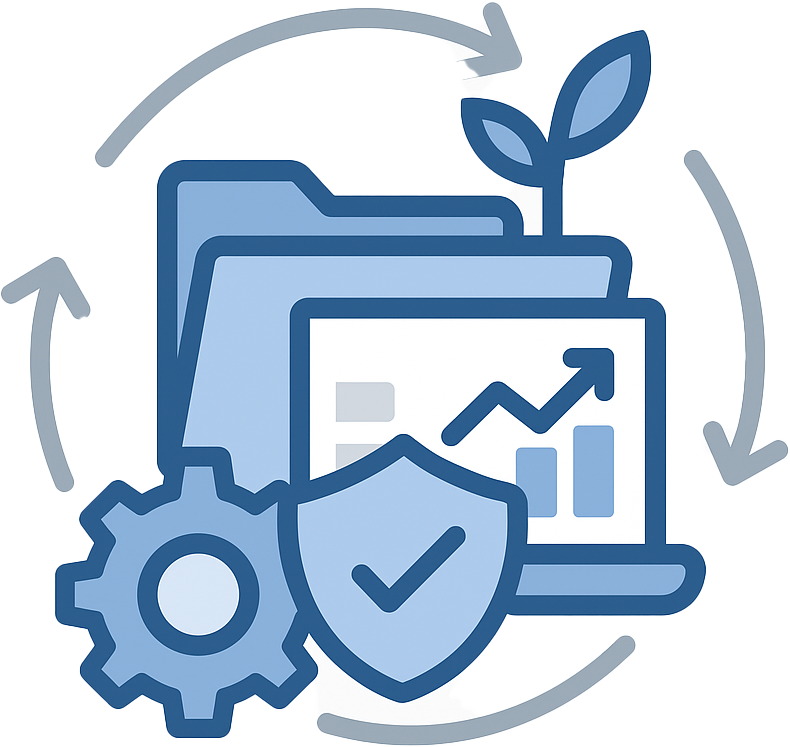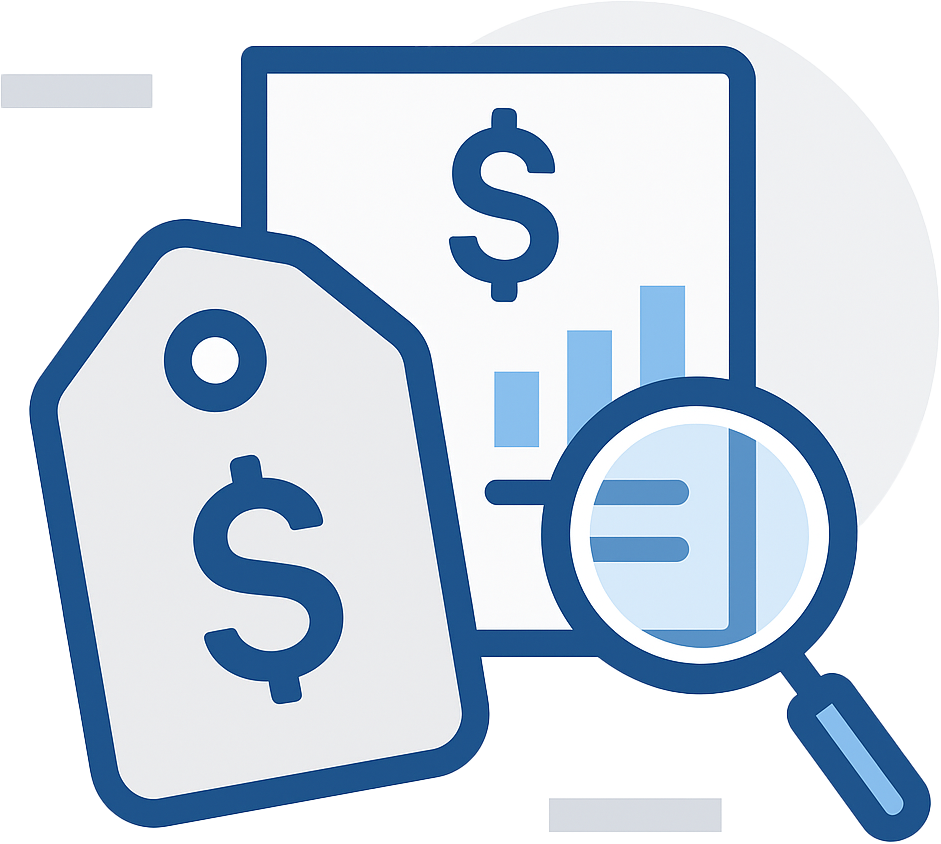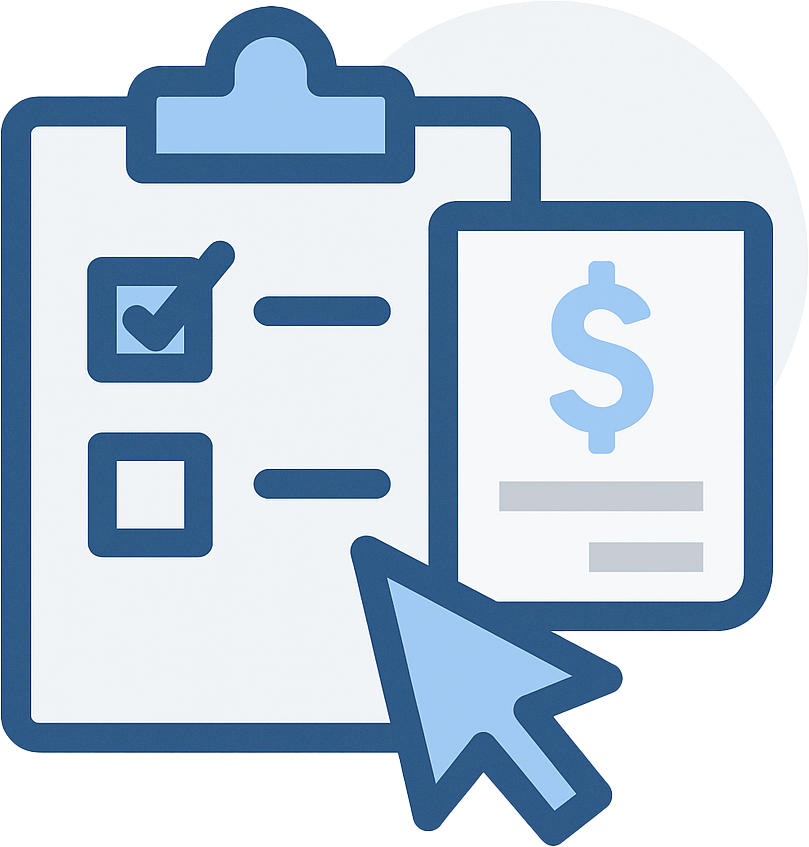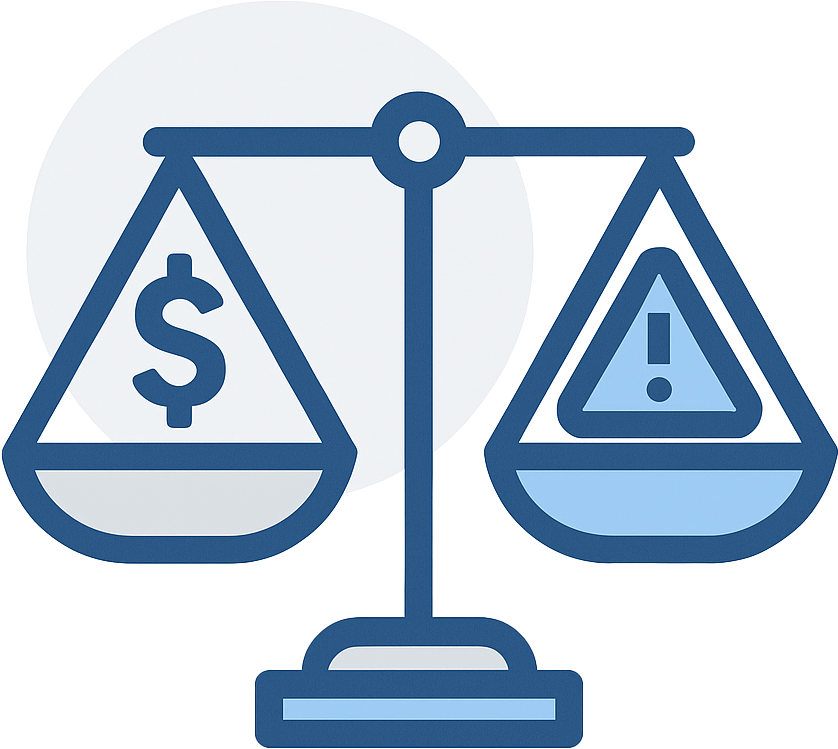We discuss Environmental Product Declarations (EPDs) and what New Jersey concrete producers should know about them.
Here’s a quick summary: EPDs are an important tool for concrete producers who want to save money, be competitive, and stay ahead of the curve in New Jersey. With the financial incentives offered by the state State of New Jersey for concrete products with EPDs, there's never been a better time to get started.
Sustainability is so often hard to put a definition on. Greenwashing, simple things like "switching to LEDs" and other watered-down, meaningless metrics have caused many to shake their heads in frustration and get back to business as usual. Sound familiar? It does to us!
Maybe you've heard the news - New Jersey just passed a new law that's going to shake things up in the concrete industry in a big way. Starting in 2024, ready mix and precast concrete producers across New Jersey who supply material for state-funded construction projects will be eligible for some sweet, sweet tax credits in exchange for having... Environmental Product Declarations!
Wondering what that means? And what this has to do with "sustainability" You're not alone. Let's discuss why concrete producers should care about Environmental Product Declarations here in New Jersey.
Let's cover EPDs and how they apply to concrete producers in New Jersey.
Let's start with the basics: Environmental Product Declarations, or EPDs for short.
Think of EPDs like a food nutrition label, but for building materials and their environmental metrics. They provide information about the environmental impact of a product over its entire life cycle, from raw materials to disposal. So instead of listing things like fat, sugar, and sodium, they cover things like greenhouse gas emissions, embedded energy use, waste generation, and other meaningful bits of data.
They apply to New Jersey-based concrete producers because you make a product (precast, brick, block, pipe, or ready-mixed concrete), and your product can have quantifiable data based on its actual metrics.
The process of preparing an EPD involves a comprehensive life cycle assessment, which looks at all stages of a product's life cycle, from raw materials to disposal. This includes data collection, analysis, and reporting, and it requires a good understanding of environmental regulations, standards, and best practices. Sounds complicated, and it is to a degree, but it's not rocket science! Here's some additional information that might be helpful: Baseball, Product Category Rules, Life Cycle Assessment, and Environmental Product Declarations

Here's why you should pay attention to EPDs for concrete if you're in New Jersey.
First off, this concept isn't new. NRMCA and the concrete industry as a whole have been discussing EPDs for a while now. If you follow along in the LEED world, the term EPD has been part of thrown around for years. Getting on board is crucial if you want to keep up with what so many other players across the country are already doing.
Why do you care though? Consider this - why do you care about the nutritional label on food? For some people, that information is vitally important! If you're watching your sodium intake or have allergy concerns, that nutritional label isn't just good information, it could be life-saving information!
Just like a food label provides information about the ingredients, calories, and other nutrients in a food product, an EPD provides information about the environmental impact of a building product. And just as consumers use nutrition labels to make informed decisions about what they eat, building professionals and environmentally conscious customers (in this case, the State of New Jersey) use EPDs to make informed decisions about what products to use in their construction projects.
Consider this - if you are on a diet of some type and you want to eat food, you'll turn to a nutritional label. You'll use that information to figure out A) if the food meets your needs and then B) to compare that food to other options and compare their nutrition facts. If you have food in your hand without any nutrition label, you might not even consider eating it!
EPDs do the same thing. If you want to build something, and you're looking to hit certain "environmental" metrics, you will look for a product that meets your needs. Additionally, with an EPD, you can compare overall metrics against different products, like wood vs steel vs concrete. And, if you're evaluating building materials as a customer and come across a building product without an EPD, it's extremely common to just omit that choice from the list of options. In short, no EPD, your bid is automatically rejected!
EPDs provide transparency and credibility, so customers (again, we're talking about the State of New Jersey here which is committed to doing this) can feel confident that they are making environmentally responsible choices. Whether you agree or disagree doesn't mean much at this point, a very large, very powerful customer is saying "I want EPDs" and if you save money and be competitive not only amongst your peers but also in other industries, you're going to need to play ball.
There are a few ways to go about getting an EPD, one of which has upsides and downsides, is an industry average EPD. This is already available on a national level, but we doubt the State of New Jersey is going to accept this as an option. The next thing would be a state-level industry generic option, something members of an association (such as NJCAA in this case) could take advantage of. The final option would be your own EPDs, which again could be generic (one EPD for all the ready mix concrete you make) or specific (for different mix designs). We cover this in more depth here: What good is a general industry-average EPD (Environmental Product Declaration)? The short story is, again just like food, the more specific information, the more valuable your EPD is, and customer choices do reflect that more specific, more targeted, and more realistic information.
A chocolate chip cookie is kind of the same regardless of who makes it, right? Not really...

EPDs help concrete producers in New Jersey save on taxes!
Here's the short-term reason - New Jersey is giving you very beneficial tax benefits if you have an EPD for your product. Getting these will save you money in the short term.
In the long run, it's likely New Jersey (as other states, government agencies, and private organizations have done) will require EPDs, or else you won't be able to bid on the project at all. Talk to a concrete producer from California, what I'm describing here is already happening there! Couple this with the fact that other industries (like steel and wood) are going through this as well, you have a very wide field of players who all need to do the same thing just to be competitive.
On a loftier note, EPDs can help concrete producers identify areas where they can improve their product's environmental metrics. By looking at the data in an EPD, a producer can see where they're using a lot of energy or generating a lot of waste, helping to make changes that reduce the environmental impact of their products. Think of the food analogy again - customers want "healthier" products and are making informed decisions, and they're demanding that of their building materials as well.
So, what does this mean for businesses in the concrete industry here in New Jersey? Essentially, if you're supplying material for state-funded construction projects, you can get some financial incentives for preparing and providing EPDs of your concrete products in the very near future. And if you're using carbon capture, utilization, or storage technology to produce your concrete, you'll get even more incentives! In short, the State of New Jersey is making "going green" financially attractive for concrete producers.
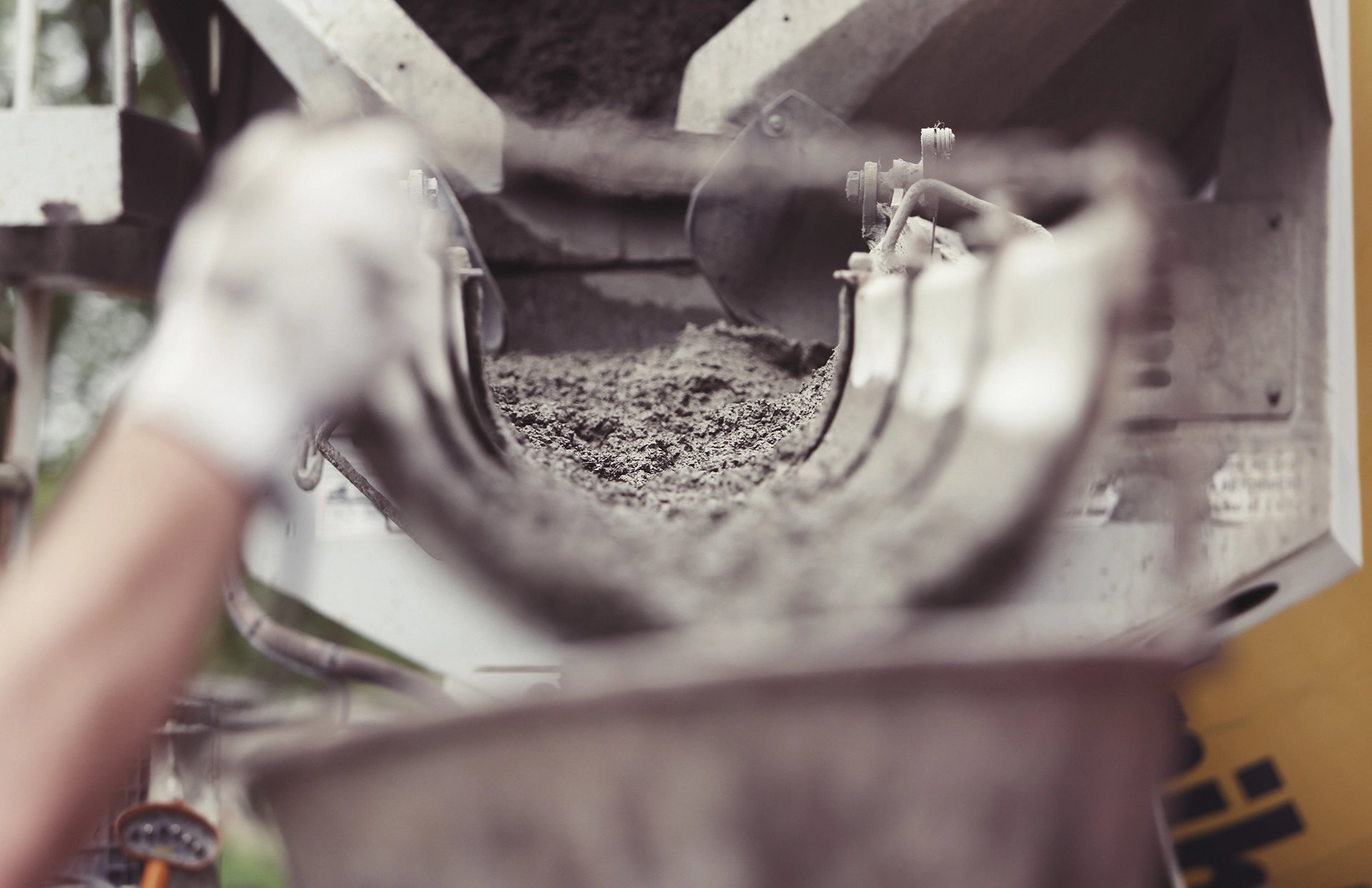
Are you looking for help getting EPDs for your concrete?
Preparing an EPD can be a complex process, but we're here to help. We've been following along, part of the discussions, and have been helping concrete producers with EPDs across North America for several years now. We have the expertise and experience to guide concrete producers through the process and help them to develop high-quality EPDs that accurately reflect the sustainability and environmental metrics of their products.
So if you're a concrete producer in New Jersey, don't miss this opportunity to take advantage of the financial incentives offered by the state. We're taxed enough as is, who wouldn't like to start saving money?!
So, how do you get started with preparing an EPD? Reach out to us! Our qualified environmental consultants can help concrete producers here in New Jersey develop EPDs, so you can take advantage of these incentives and stay ahead of your competition. To learn more, contact us at info@rmagreen.com, click here to contact us, or give us a call anytime at 888-RMA-0230 to learn how we can help your concrete plant in New Jersey get EPDs (and save money)!


